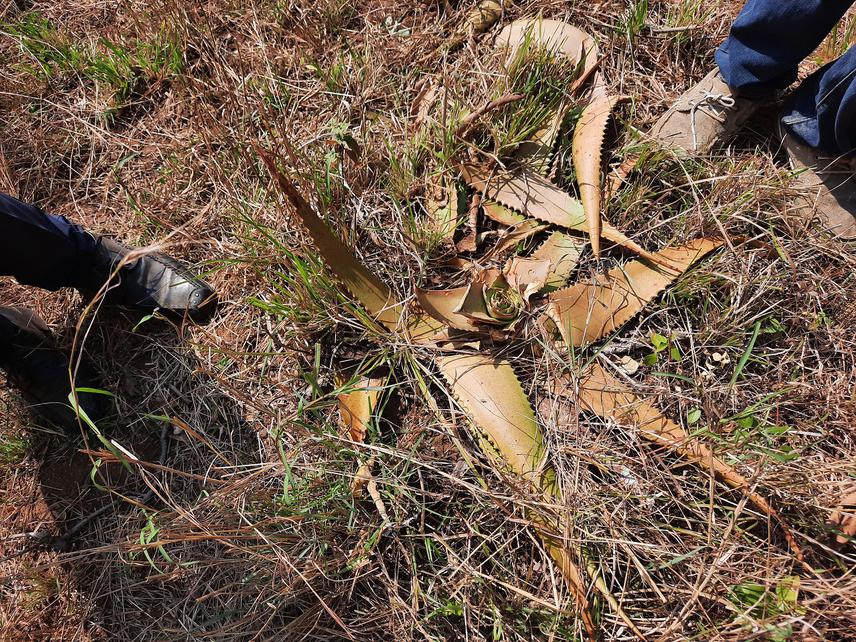Gerald Kaniaru
Other projects
6 Feb 2020
Community-Based Conservation of Locally Threatened, Medicinal Securidaca longepedunculata Fresen (Violet plant); For the People, by the People in the Drylands of Kenya
17 Jan 2023
Combating Illegal Trade and Promoting Community-Based Conservation of the CITES-Listed Osyris lanceolata (African Sandalwood) in the ASALs of Makueni, Kenya
Traditional knowledge of the Kamba community in Makueni county, one of Kenya's driest and most marginalized areas, remains untapped, with no documented reports or literature on wild-medicinal plants diversity and use.
Other locally-threatened wild-medicinal plants were discovered to be unsustainably harvested and prepared to treat ailments ranging from mild coughs, venereal to chronic diseases such as diabetes, HIV/AIDS, Cancer and COVID-19 (Kaniaru, et al., 2021). This was due to a lack of access to modern medicine and high poverty rates.

The Covid-19 restrictions imposed by the Kenyan Government to control the pandemic have disrupted the economic well-being of the community by doubling the unemployment rate to more than 10% (Kagondu, 2021). Due to this, the local community have turned to illegal logging and unlawful trafficking of CITES-listed medicinal plants for financial gains (Kagondu, 2020; Citizen TV, 2021). This warrants the need to build community resilience through economic empowerment, to ease the pressure off the wild-medicinal plants.
The wild-medicinal plant habitats in the study area have been degraded and fragmented through deforestation for medicine, firewood, charcoal and human encroachment for settlement and agriculture. This has resulted in habitat fragmentation and conversion of permanent rivers to seasonally dry streams, resulting in reduced water quality and supply (Kaniaru, et al., 2021).
Lack of knowledge of seed-biology of the wild-medicinal species has resulted in seed-storage difficulties, impeding conservation and restoration efforts.
This project will:
1-Document traditional knowledge on wild medicinal plants’ diversity, use, distribution and abundance for culture and heritage preservation and biodiversity protection.
2-Strengthen the capacity of selected community focus groups and participants on protection, conservation and restoration of wild medicinal plant species and their habitats through training.
3-Research on seed-quality studies of the selected medicinal plants to solve propagation and germplasm-storability difficulties.
4-Restore the degraded and fragmented wild-medicinal plants and their habitats in collaboration with the local community.
5-Promote community resilience against economic disruption by the Covid-19 pandemic through economic empowerment.